
Foretell Reality, a Glimpse Group subsidiary, has partnered with XRHealth to provide Virtual Reality (VR) support groups to help patients with similar ailments, including people in isolation. The service will launch on April 1st, and is covered by Medicare and most major insurance providers in various states and cities across the US.
The experience replicates that of a real-world support group session. Participants will select a specific support group to attend, customize their virtual appearance as an avatar, and join a circle of up to 8 participants in a zen-like virtual room (see photo). A trained moderator will guide the session and participants will interact through gestures and voice in a life-like, three-dimensional environment.
“We’ve learned that one of the key benefits of virtual reality for support and therapy is the focus it brings to interactions between individuals and groups. The lack of distractions combined with a immersive and realistic environment that surrounds and shared by all participants, while they are physically located afar from each other, is conducive to a highly engaging discussion that is not replicable through other means of remote communications (e.g., video or chat). We also see that the self representation through an avatar helps patients to overcome the initial hesitation of sharing personal information and expose their emotions,” says Dror Goldberg, GM of Foretell Reality.
Noting the current situation many people find themselves in, Goldberg goes on to say that “the ability for a diverse group of people to share experiences and information in an immersive, focused environment will help provide a feeling of comfort in the face of fear and isolation. Group empathy and understanding are instrumental to our well being and virtual reality provides a tangible feeling of group presence. This is even more acute when people are remote from each other and cannot gather in-person for various reasons – from physical limitations to forced isolation like we unfortunately experience now with this pandemic outburst.”
Anyone who is a patient of XRHealth Virtual Clinic can attend the offered virtual reality support groups. XRHealth Virtual clinic is listed in over 17 states already. The process of joining XRHealth clinic is described here https://www.xr.health/join and includes the following stages:
Step 1: Eligibility check and equipment signup. Step 2: Live video kickoff with a clinician. Step 3: 90 days treatment program consisting of personalized VR training, progress reports, and live video check-ups with a clinician. Once an XRHealth patient, user is able to select the application “Connect by Foretell Reality” from the VRHealth application installed on their VR device and join a support group room that they have been scheduled for.


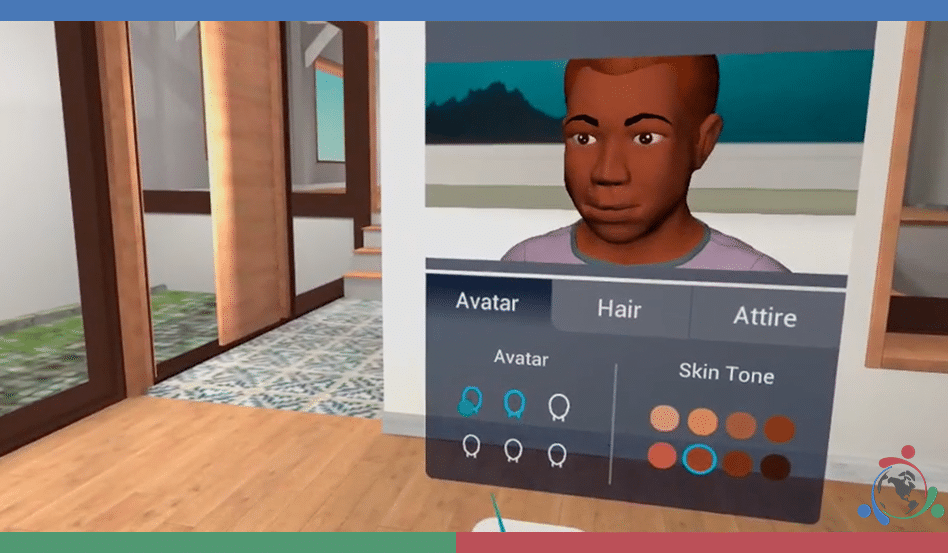
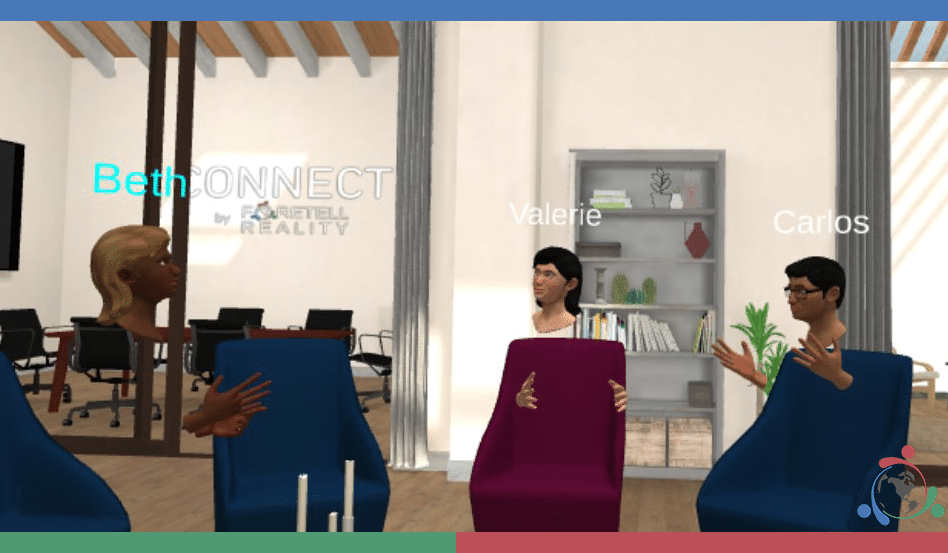
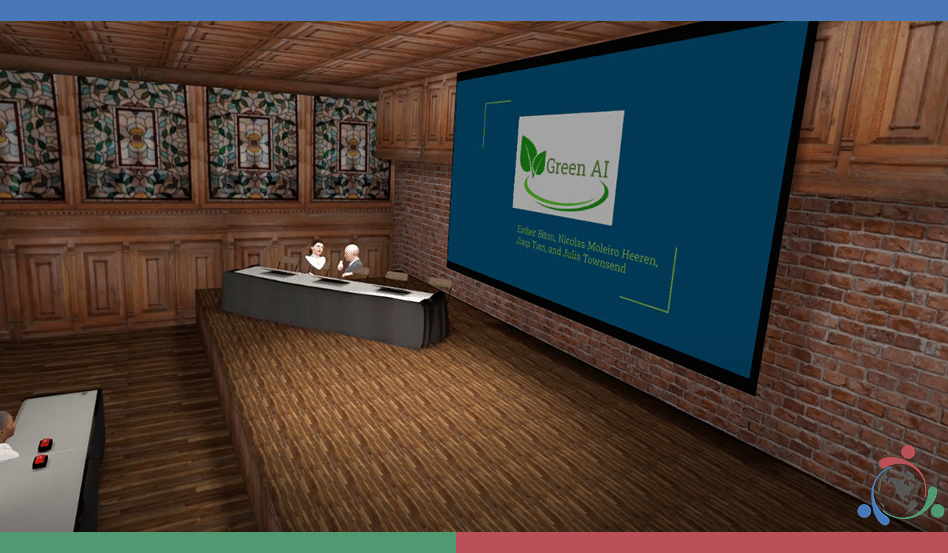
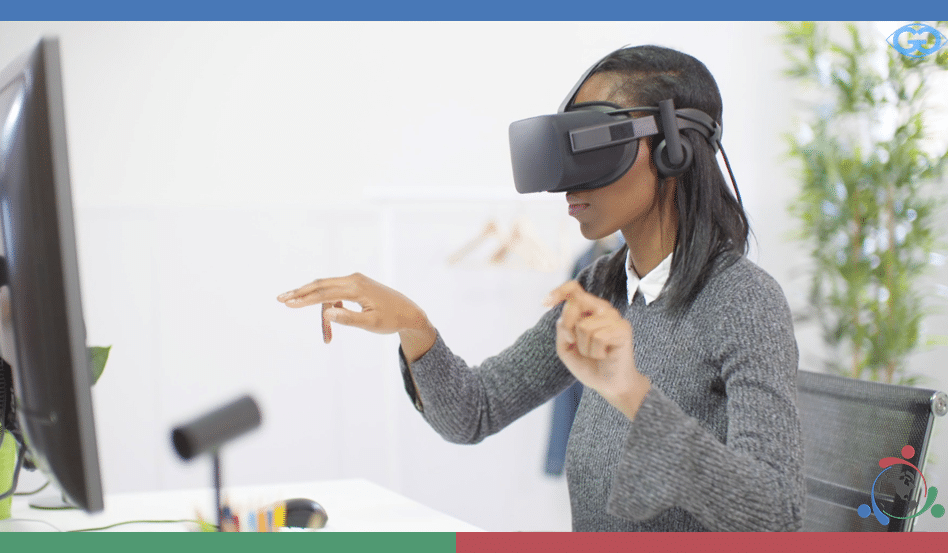
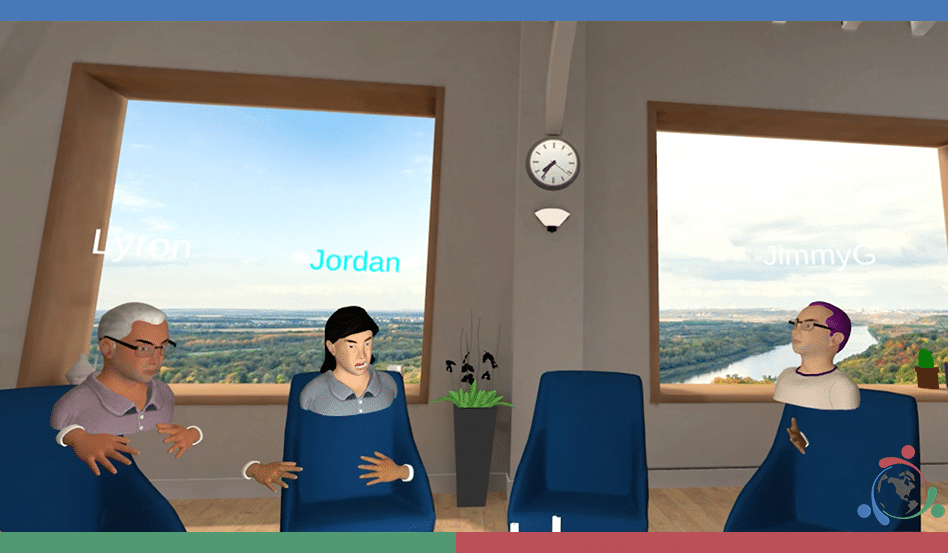
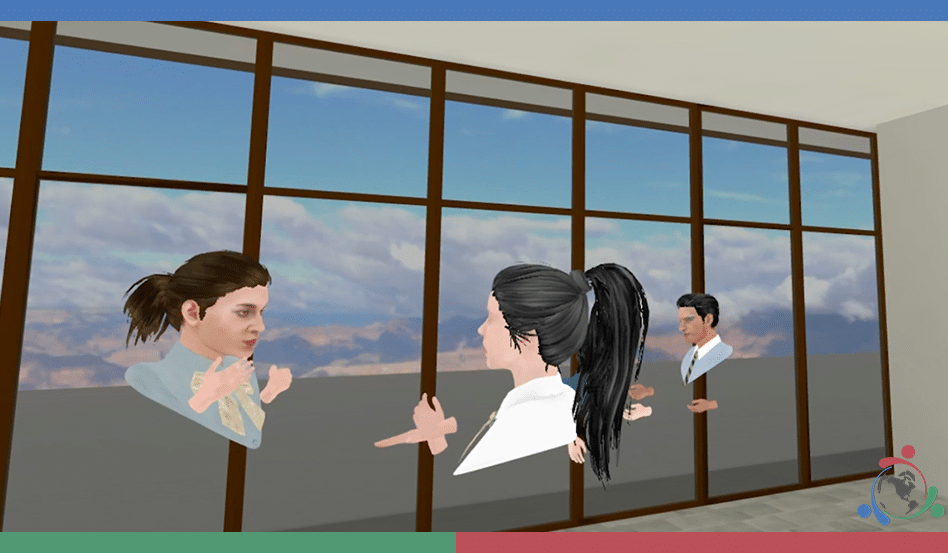
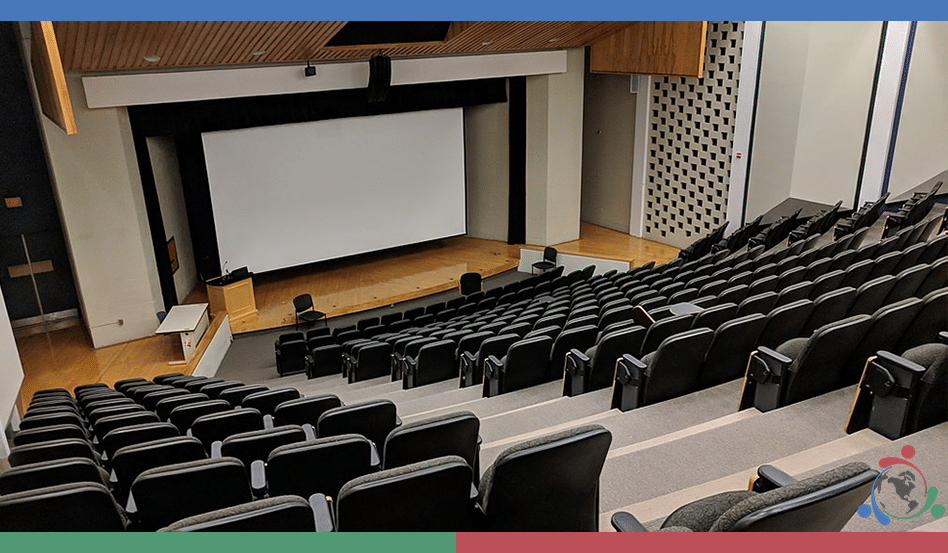
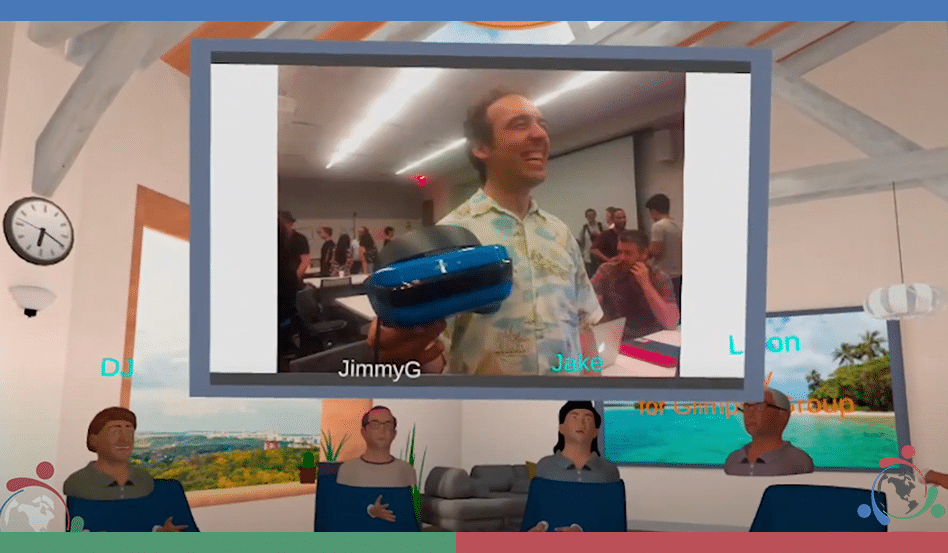



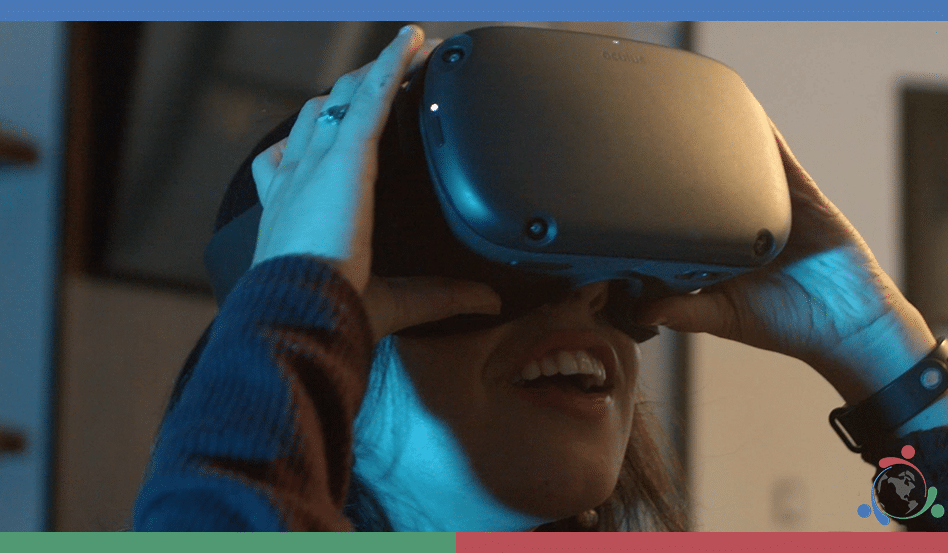






Recent Comments